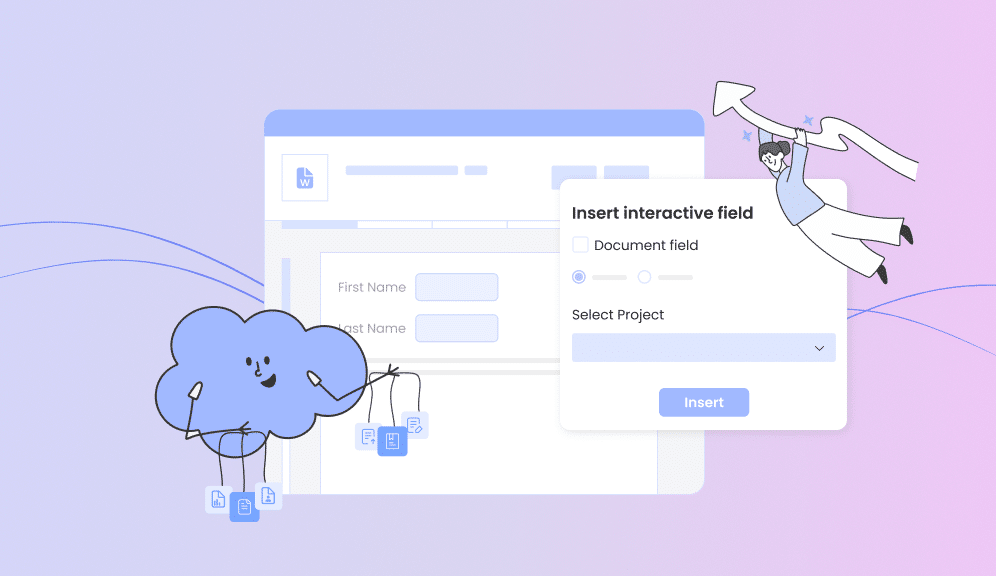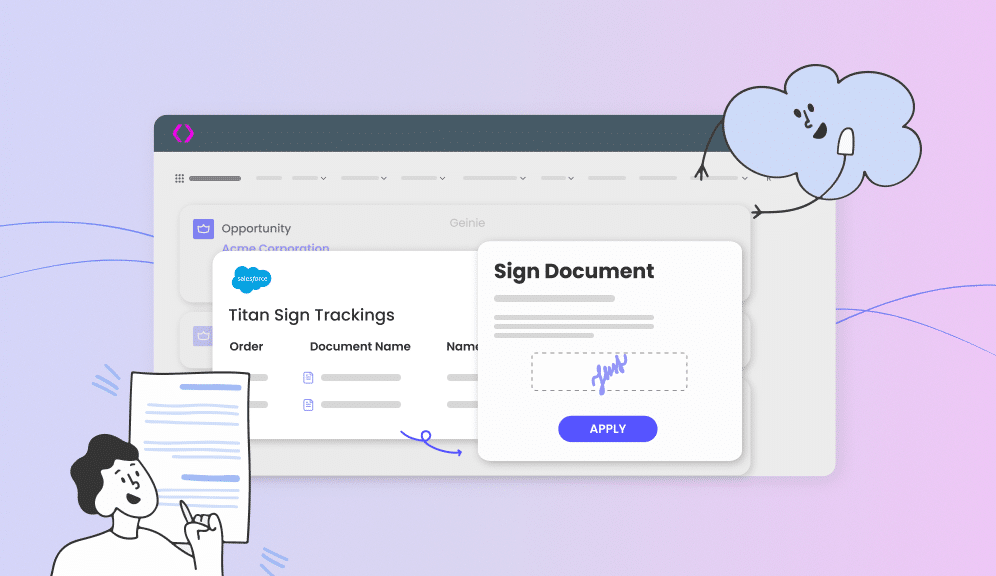What is a Lead?
Understanding what leads are in the business world can take your sales strategies and marketing campaigns to the next level. For example, when you know what is a lead and when to approach one, you can turn a potential buyer who is interested in your products and services into an actual paying customer.
To find out more information on sales leads, join us in our article below. Let’s get started.
Lead Definition
If you are in the sales or marketing industry, you deserve to know the lead meaning. The term varies across industries and fields, but in business, a lead is a potential customer. Leads usually make themselves known by showing interest in your products and services.
You can spot leads taking interest in your business when they engage in the following activities:
- A lead fills out forms on your website to find out more about your products and services.
- A lead will download your documentation and guides from your website.
- A lead would attend your webinar.
Finding Leads Online
In this day and age, leads are not restricted to the location in which your business operates. Leads can be found online when they provide their contact information to your business.
You can collect lead data to build your customer base and then target these potential buyers as a strategy to increase sales. These are goals a business could strive to achieve by gathering lead data, but there are many more that can also expand your digital marketing plans.
Generating Leads
A big business strategy for increasing revenue is to generate new leads. This process will start with attracting prospects to your business products and services and ends with converting them into customers. A typical lead generation process would include capturing lead information for analysis so that sales representatives can prioritize who to approach for selling.
Generate Leads with Salesforce
Since Salesforce is the world’s number 1 customer relationship management (CRM) platform, we give you a simple guide on how to generate business leads with this company. They have the features and automation tools necessary to collect lead and customer data, so let’s dive in.
1. Configure and customize Salesforce for your lead generation needs with fields, objects, page layouts, and automation rules.
2. If you already have lead data, import or manually create lead records of them in Salesforce.
3. Use Salesforce’s Web-to-Lead feature or a third-party application, like Titan, to create web forms.
4. Embed these web forms on your website to collect data from leads.
5. The lead data from web forms will transfer automatically to Salesforce if you use Web-to-Lead or Titan.
6. Configure automation rules to assist your sales workflow processes, such as converting queries into leads or assigning a lead to a specific sales representative.
7. Score your leads and categorize them so you know how soon they can be converted to customers.
8. Now, you can send email campaigns to leads using Salesforce Marketing Cloud. If you need advanced lead data managing tools, try Pardot.
9. Use Salesforce to track all your lead-generation activities.
10. You can also measure how successful your marketing ventures are at attracting leads.
11. Engage with your leads throughout the sales pipeline with automated automated emails.
12. Identify promising leads and send their data to the sales team to convert leads into customers.
Lead Vs. Prospect
If you work in a sales or marketing team, then you know that the terms lead and prospects pop up all the time. So, let’s go through the differences of leads and prospects with a comparison table.
| Lead | Prospect | |
|---|---|---|
| Who or What? | Anyone who shows interest in a product or service can be considered a lead. A lead could also be an organization. Leads show that they are interested in your business by submitting data on contact forms, subscribing to your company newsletter, downloading your technical documents, or joining your webinar. | A prospect is actually a lead who is more likely to be a paying customer. They can be identified as prospects since they show higher levels of interest in your products and services. Their prospect data obtained from showing interest in your business will also display that they are a good fit for the products and services you offer. |
| Categorization | Leads can either be MQLs or SQLs. Marketing Qualified Leads (MQLs) are people who are interested in your products and services but are not ready to make a purchase. Sales Qualified Leads (SQLs) are those who have a high chance of being converted into customers. | Prospects fall under the consideration or evaluation stages in a buying process. They usually approach sales representatives with questions or requests for products and services of a business. They already also have a budget planned to commit to a purchase. |
| Conversion Tactics | Leads need continuous engagement to guide them through the sales funnel to convert into prospects and then customers. | Prospects can be converted into customers with personalized interactions, demonstrations of a product or service, and other sales strategies. |
As we can see from the table above, a lead is anyone who shows interest in your business, whereas a prospect, also a lead, is more likely to buy your products and services. It’s important to note that whether an individual is a lead or a prospect, the main goal of sales and marketing professionals is to convert them into customers.
Frequently Asked Questions
What is a lead in business?
A lead is an individual or company that shows interest in your products and services.
What is the definition of lead?
In business, especially in marketing and sales fields, a lead is a potential customer. They show interest in your products and services.
What is the role of a lead?
A lead’s role would be to show interest in products and services offered by a business. They can show interest by submitting their details on contact forms, subscribing to newsletters, or attending events.
Learn with Titan
Thank you for choosing us to learn about leads in the sales and marketing fields. We hope we have shed some light on who they are, how to find them, how to generate them with Salesforce, and their differences with the popular term prospects.
If you have other questions related to leads or need advice on how to generate leads, contact Titan today. We have solutions for any Salesforce use case. For example, you can create custom forms, collect and pre-fill data, use conditional logic, and automate business processes with our drag-and-drop Salesforce forms builder.
Titan works with any object and is the only product on the market with real-time Salesforce integration! For more information, contact us on one of our social media channels below.
Disclaimer: The comparisons listed in this article are based on information provided by the companies online and online reviews from users. If you found a mistake, please contact us.
You might be interested in
Writing Your First Notarized Letter Like a Pro

How to Remove Track Changes in Word

Signee Vs. Signer Vs. Signatory: What are They?

All-in-One Web Studio for Salesforce


